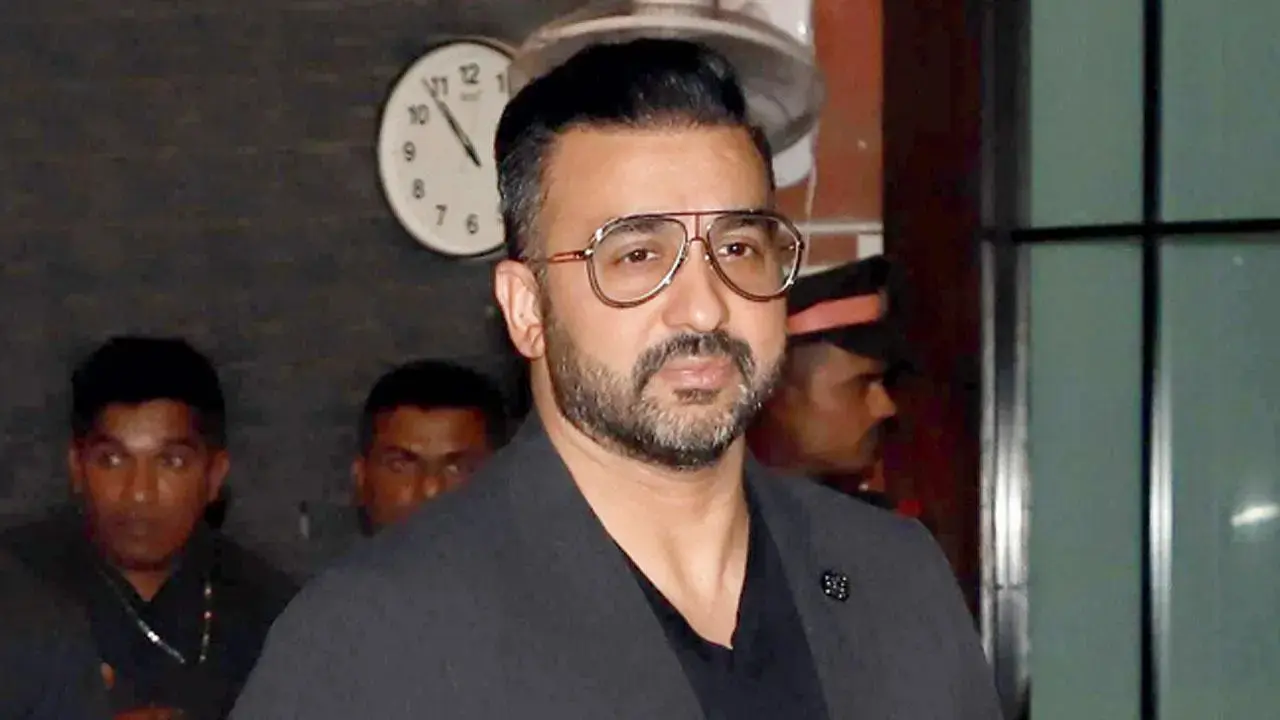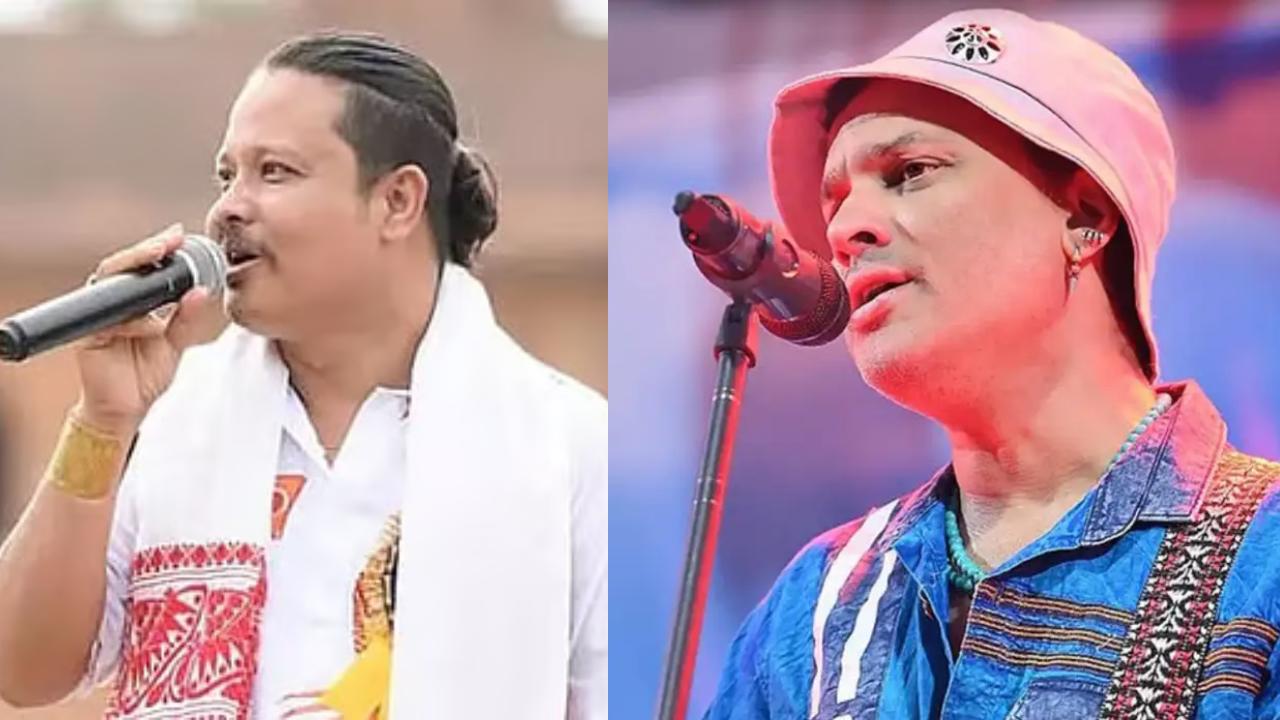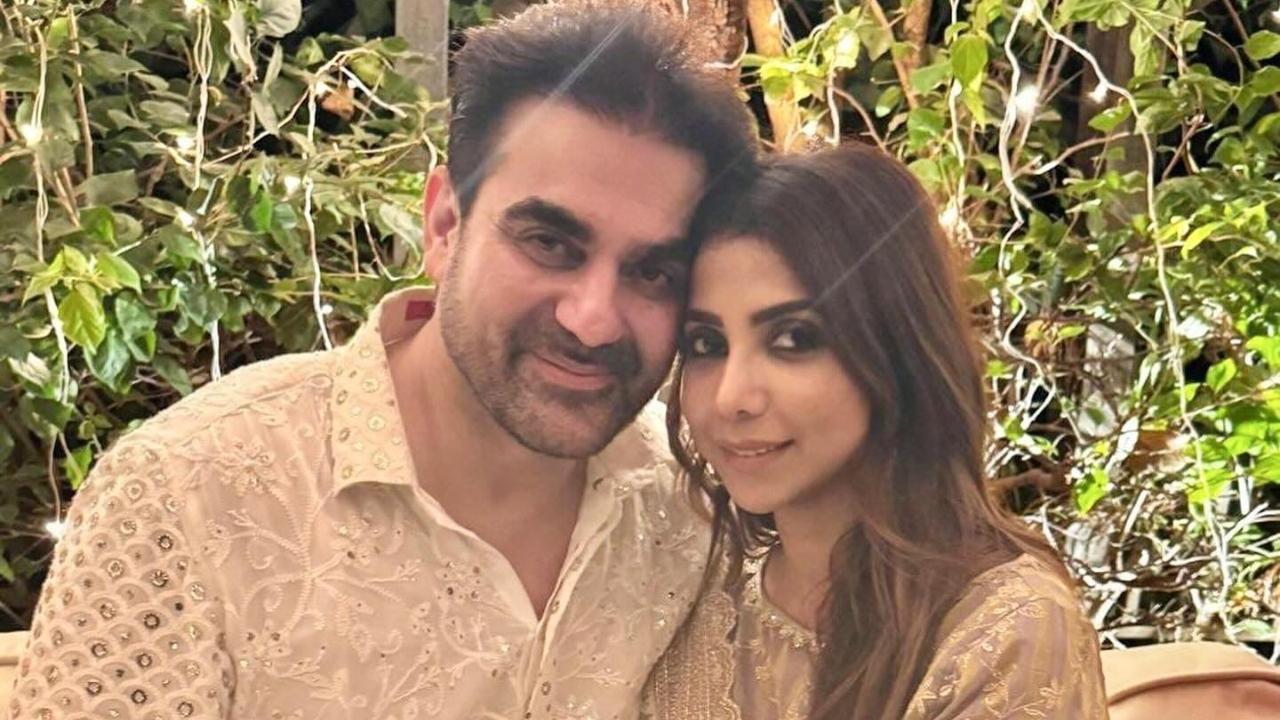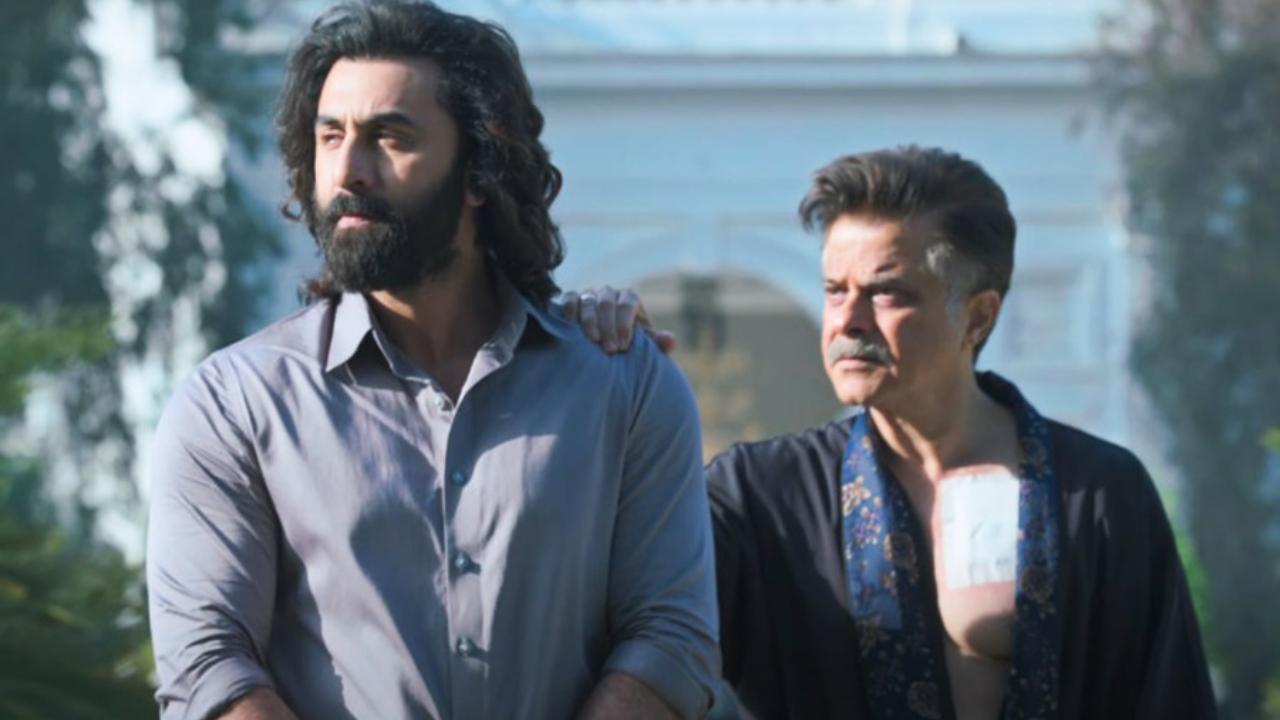Few composer duos in Hindi cinema today straddle madness and melody as deftly as Sachin–Jigar. Over the past decade, they’ve swung between quirky tracks like Kamariya, romantic numbers like Mileya Mileya, and chartbusters like Aaj Ki Raat. Ahead of their latest outing, Param Sundari, the duo talks about their mindset, music, and their tribute to the master.
Excerpts from the interview.
Last year was stupendous for you, with Aaj Ki Raat becoming 2024’s most streamed song. When you start a new project after such a success, what is your mindset?
Sachin: Jigar doesn’t sleep, and he doesn’t let anyone else sleep either! For him, the moment a song works, that gate is closed. He won’t allow us to repeat ourselves. That’s why we’ve managed to stay versatile. I’ve lived through the struggle of not finding popularity, so to be on the other side feels nice. Our mantra is to never define a Sachin–Jigar sound. We don’t want people to say, ‘This is exactly what they always do’.
(L-R) Sachin Sanghvi and Jigar Saraiya
When the Param Sundari teaser dropped, it went viral, with Sonu Nigam’s voice everywhere on social media. How did that feel?
Sachin: A day before Jigar and I flew to Dubai for the Param Sundari music session, Dinesh Vijan called us to his office and told us this is a once-in-a-lifetime opportunity. Instantly, [AR] Rahman sir started playing in my head. Roja [1992] changed my life forever — if I’m a composer today, it’s because of those five years of listening to him. So working on Param Sundari felt like living a dream.
Jigar: South Indian music has also inspired us a lot because it stays rooted in its culture. As for Sonu Nigam, growing up, I`d listen to albums like Yaad [2001] and Deewana [1999] every day. I’d pray to him before going to school! (laughs) The first track we ever programmed was sung by Sonu Nigam. But as composers, we never got to record him again. We always had this belief that one day, we have to make a tune worthy of his voice. So when we composed Param Sundari, we both knew deep down this is it. We called him, he heard the song, came to the studio, and recorded it in half an hour. It was magical. For us, it’s the greatest tribute — to have the man, who inspired us, be part of our music.
Sonu Nigam
With the first track going viral, the flip side is that the rest of the album has to match up. Do you worry about how people will receive a song?
Jigar: We learned early in our career to detach ourselves from a song’s fate. It hurts when a track you love doesn’t do well, but once you release it, it’s no longer yours. What feels good to me might not land with someone else, and that’s okay.
Has it happened that you expected a song to be a big hit and it didn’t catch on?
Jigar: Many times! One example is Happy Ending [2014]. On its release, it didn’t get the traction we hoped for. The first song, G Phaad Ke, generated noise, but the other tracks didn’t bloom immediately. We always believed the album would find its way — and it did, but very late.
A still from ‘Param Sundari’
On social media, people are calling Param Sundari’s music derivative and influenced by AR Rahman. Do you worry about that?
Sachin: Never. From the beginning, this song came from a place of pure art, dedication, and a tribute to the master. For us, it’s a matter of pride if one of our songs even gets compared to his work. I look up to Rahman sir not just for his work, but for the person he is. On the inlay card of his first independent album [Vande Mataram], he wrote: ‘Hope to become the song of an independent India.’ That’s the man we’re paying homage to.
Jigar: When people say Param Sundari feels familiar, for us, familiarity isn’t bad. Familiarity can make you feel at home, and once you’re there, you can surprise the listener with new things hidden inside.











